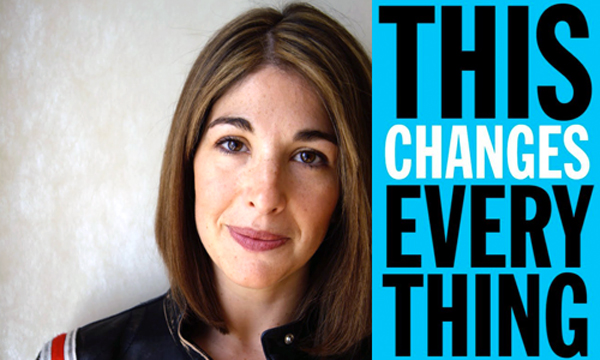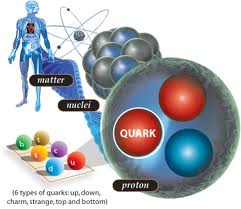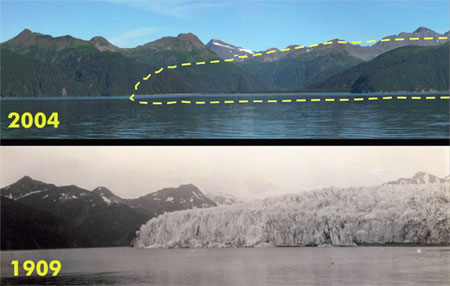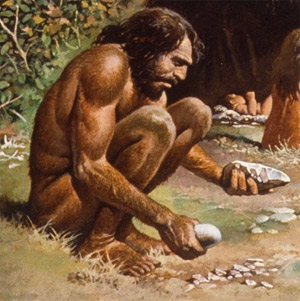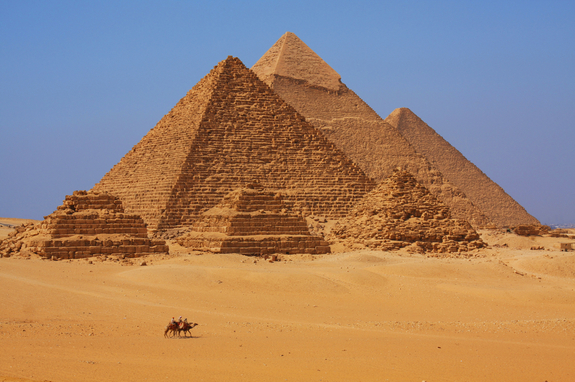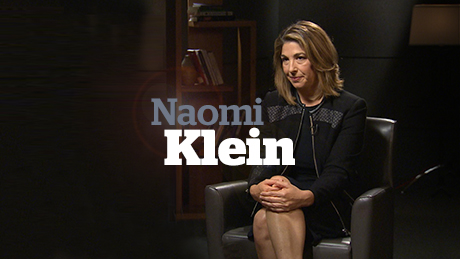
So it was reassuring to me when Naomi Klein, when asked to comment on the role of nuclear power in the climate change question, pointed out that she didn’t really understand the new nuclear technologies being discussed (e.g. the small thorium-based reactors). She could only comment on the present technologies being used which she regarded as unequivocally harmful. This little exchange reassured me because Klein was not dismissing the nuclear option entirely, realizing that she did not have all the facts and that any final decision must be science-based.
“Science-based”—this would the first essential part of my Green Manifesto. Everything I believe about climate change and the means to combat it, must be based our best scientific understanding. When our understanding changes (and usually this means it becomes deeper and more sophisticated, not repudiated), our climate change strategy must change with it.
Our species builds things. We build things according to beautiful mathematical rules which we have uncovered gradually and painstakingly over time. Over history our increasing understanding of the universe has allowed our species to invent the cell phone, travel to the Moon, fly in airplanes, Skype to our family from the other side of the world--things which are absolutely a fundamental part of every modern person's life. Even Jihadist terrorists depend on cell phones. Even our prime minister. And such technologies simply could not be if we did not know about the world of quantum physics. So how am I supposed to interpret this? We can accept the existence of quarks and virtual particles which we cannot see, but deny the rapid melting of glaciers which is happening before our very eyes?
I overheard an interview on CBC radio a few days ago. I'm not sure who was talking, but he seemed to be defending the Canadian government's "jobs first" policy. And when a particular question was put to him about the consequences of his policy, he replied that he didn't think he needed to be concerned about the economic situation two or three centuries in the future. No, no, no, no, no! That's exactly what every government official, every scientist, every human being needs to be concerned about: the long term implications of our actions today!
It is likely true: evolution has designed us to be creatures who think most effectively about our immediate futures: what we must do to trap that mammoth, where we should look for the migrating caribou, when we should plant our crops and maybe--among the most far-seeing among us--imagine how big a cave we will need for our grandchildren. But we are capable of so much more! We are capable of building cathedrals and pyramids and just societies we personally will never to live to see completed. This is the mind set we need to recapture. To imagine and prepare for the world of 2500. In the meantime, of course, in the here-and-now, we can enjoy our work together, saving and building a better planet.
I know not very much about economics. I know its workings are complex and it is dangerous to make sweeping and simple statements about complex systems. Nevertheless this much seems clear to me:
1. Our present economic system has produced an ever-widening gap between rich and poor. This may not have been deliberate but it is a reality. Such an imbalance is not sustainable. People have reached the breaking point of what they will tolerate. The dream of upward economic mobility appears to be dead, even in so-called "rich" countries.
2. A world economy based on making more consumer items (and mostly items that are not needed) is destructive and unsustainable. There are not enough physical resources on the planet to satisfy every person's craving for a materialistic, fantasy-based, Hollywood lifestyle. Moreover the means for extracting what resources remain continue to pollute the planet and accelerate climate change.
3. Jobs vs the Environment is a false dichotomy. Sacrifice the environment and you reach a point where no jobs will exist at all. Most new job growth needs to be directed towards saving and sustaining the environment.
I am no seer. I do not know what a new, post-Capitalistic economy will look like. I am convinced however, that if we do not find one, our civilization is doomed. We may, in some fashion, still survive as a species, but only, I think, as a species thrust into a true Dark Age. A major population crash is certain if we do not change our vision. Along with our own self-destruction we will take with us countless species of flora and fauna. Our world will become much less diverse. Mind you, Nature can be resilient--in the quarantined area around the Chernobyl nuclear site, animal and plant species are currently thriving, so maybe the rest of Nature is simply waiting for humankind to get out of the way. This is a dystopia which may give comfort to some, but I'm hoping for something more.
It may seem presumptuous to think we are at a unique point in the history of humankind, but some generation has to be and, I think, ours is. In the next generation we will solve the climate change issue or we will not, and the consequences will be dire. As a species we will acquire a universal sense of planetary stewardship and long-range thinking, or we will not, and plunge into a new Dark Age. We will transform our idea of growth from one of material consumption to one of intellectual and cultural development, or we will not, and future generations will read about us--if surviving technologies permit--and shake their heads. Homo stultus.
A politician today who does not think long term, who does not think about his grandchildren, and great-grandchildren, and many centuries down the road, is a dinosaur, as transitory and illusory as the fossil-fuels he relies on. Who has time for dinosaurs?
The era of caveman thinking has passed. Now is a time for building new cathedrals of the mind and soul, for each of us to do our share, to commit to a common vision of prosperity that does not depend on "things". It is time to love the universe, love our planet, and love the unique creations we are, gifted with the power to raise our consciousnesses and truly deserve the moniker of homo sapiens.
